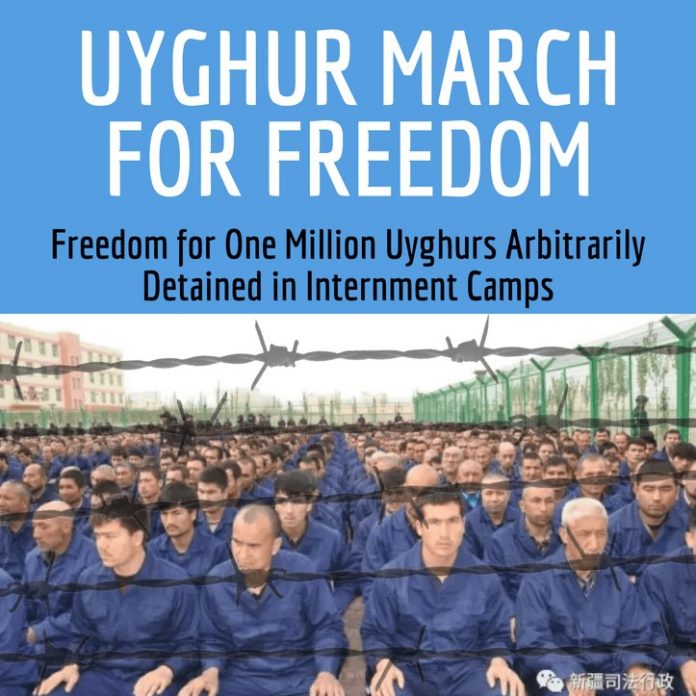Human Rights Watch has called on the Chinese government to ensure that children held in orphanages in Xinjiang because their parents have been arbitrarily detained are released to other family members.
The Financial Times and the Associated Press reported on the removal of children of detained Uyghurs, a Turkic Muslim minority in Xinjiang, from their extended families and placed in state institutions.
According to Human Rights Watch, one million Uyghurs are credibly estimated to be detained in unlawful political education camps in Xinjiang, along with an unknown number arbitrarily held in detention centres and prisons, under China’s abusive “Strike Hard Campaign against Violent Terrorism.”
“China’s authorities are cruelly putting the children of some of Xinjiang’s political detainees in state institutions,” said Sophie Richardson, China director of Human Rights Watch. “This is part of a perverse government program to take Turkic Muslim children from their extended families in the name of children’s material well-being.”
Under Xinjiang’s regional implementation policy, issued in January 2017, local officials are encouraged to “channel” children it considers orphans into state orphanages, including by filling all empty beds in existing orphanages and upgrading and building new facilities. Some of these new facilities appear designed to house 100 or more children, according to media accounts. The government’s goal is to move from 24% institutionalisation rate of “orphans” in Xinjiang to 100 percent between 2017 and 2020.
A local government report in September 2017 states that children can stay with guardians who are unwilling to send them to orphanages. However, other localities have received hard quotas to be filled.
According to Human Rights Watch, reports of children being placed in orphanages against their families’ wishes are particularly alarming given the government’s sustained assault on the cultural identity of Turkic Muslim minority communities in Xinjiang, as Human Rights Watch and others have documented.
As information has emerged in recent months about mass, systematic human rights violations in Xinjiang, United Nations bodies, governments, and others have publicly expressed concern about China’s policies.
Germany and Sweden have suspended deportations of ethnic Uighurs to China. But governments should take stronger steps, notably by creating an international coalition to gather evidence of serious abuses and press for accountability.
The United States has been considering imposing sanctions on various Xinjiang officials and entities.
“By unnecessarily sending children in Xinjiang to state institutions, officials are adding to the trauma of China’s ‘Strike Hard’ Campaign,” Richardson said. “Governments that weren’t previously outraged by Beijing’s actions in Xinjiang should press China to change course immediately and limit the long-term harm of these policies.”

